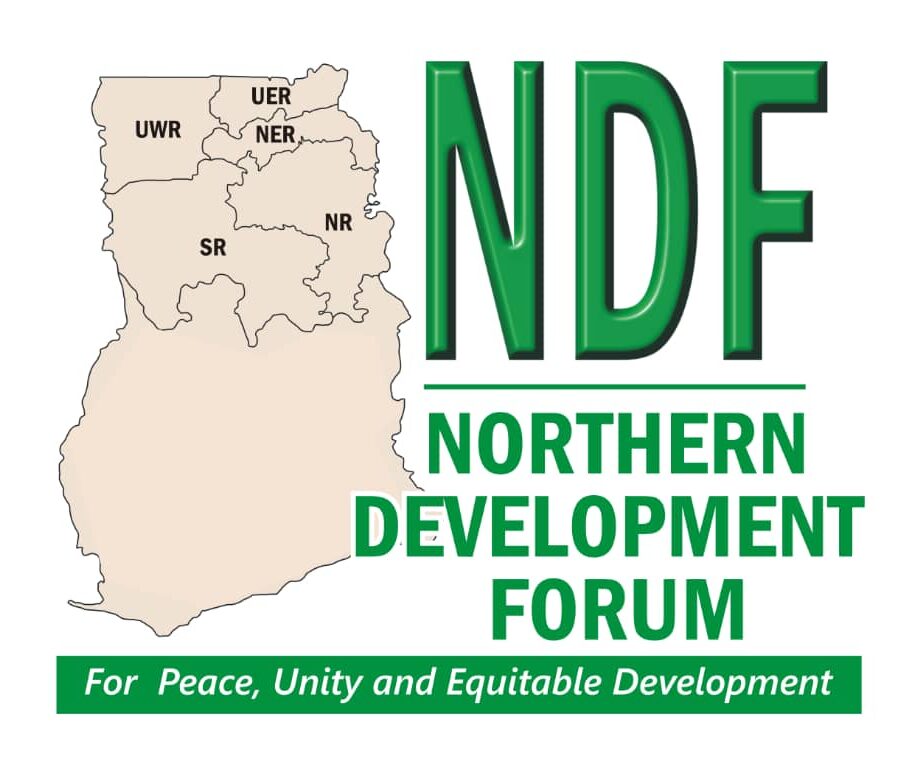DAILY GRAPHIC
FRIDAY, APRIL 11, 2008
MP CALLS FOR LI ON NORTHERN FUND
STORY BY: SAMUEL ABAANE, BOLGATANGA
The government has been asked to pass a Legislative Instrument (LI) that will spell out the administrative instruments, legal boundaries and activities of the Northern Ghana Development Fund (NGDF).
In the absence of that, the fund can be regarded as another one of the many initiatives established by governments to whittle down people’s concerns over what has now become the north-south divide.
The Member of Parliament (MP) for Mion in the Northern Region, Dr. Alhassan Ahmed Yakubu, made the call in Bolgatanga when he delivered a paper on, “The Northern Ghana Development Fund: Issues of Concern”, at the just-ended Northern Easter School.
The Northern Easter School, which was held on the theme: “Setting a Development Agenda for Northern Ghana”, was aimed at setting up a new development agenda for northern Ghana.
The Institute of Adult Education of the University of Ghana was the organizer of this year’s school, which is rotated among the three northern regions.
The general public, development consultants, teachers, labour-unions, district assemblies, politicians and academia usually participate in the deliberations of the school.
The MP, who is also a Ranking Member of the Committee of Food, Agriculture and Cocoa Affairs, said northern Ghana had what it took to be more economically independent but said what was lacking was the political and social mobilization attitude that would convert that potential into economic benefit.
He noted that northern Ghana was disadvantaged in terms of numbers and the complement of experts dealing with national development policies.
“Currently, there is likely to be no northern representation on the National Development planning commission (NDPC) and other very important national bodies set up to determine the development agenda of the country,” the MP explained.
Dr. Yakubu suggested that the NDPC should have a decentralized ownership as an essential ingredient in order to make development more equitable.
He also suggested of a Northern Ghana Development Planning Commission based in the north to see to the transparent administration of the NGDF.
“its popularity should rather make the government invest more in the relevant areas of northern Ghana and not reduce national budget allocation to the north because of the invisibility of regional allocation in the budget,” he stressed.
The MP pointed out that agricultural development, with a strong sustainable environmental protection dimension, must be an important instrument for development in capturing projects aimed at the economic emancipation of the north.
Such projects, he indicated, should engage the entire value chain, rather than the current system that exported wealth out of the region, since value addition remained rudimental in northern agriculture.
Also delivering a paper on “Special Initiative on Sustainable Development of Northern Ghana” a policy analyst at the office of the president Mr. Ernest Patrick Mallet, said the government, having realized that the socio-economic development gap between the northern region and the rest of the country could not be easily bridged with budgetary allocation alone, decided in its 2008 budget to the institute a “Special Initiative on Sustainable Development of Northern Ghana.”
“Closing the gap will not be event that will occur in time but it is a process that will take time, continuous efforts and commitment to see it through.” He said.
He said it should be a process that would take the whole country to the achievement of at least all the Millennium Development Goals (MDGs) simultaneously.
The policy analyst urged the participants to consider innovative ways of making the NGDF seed money of GH₵25 million to grow, since budgetary source alone might not be adequate to meet the expected high expenditure in implementing the initiative.
